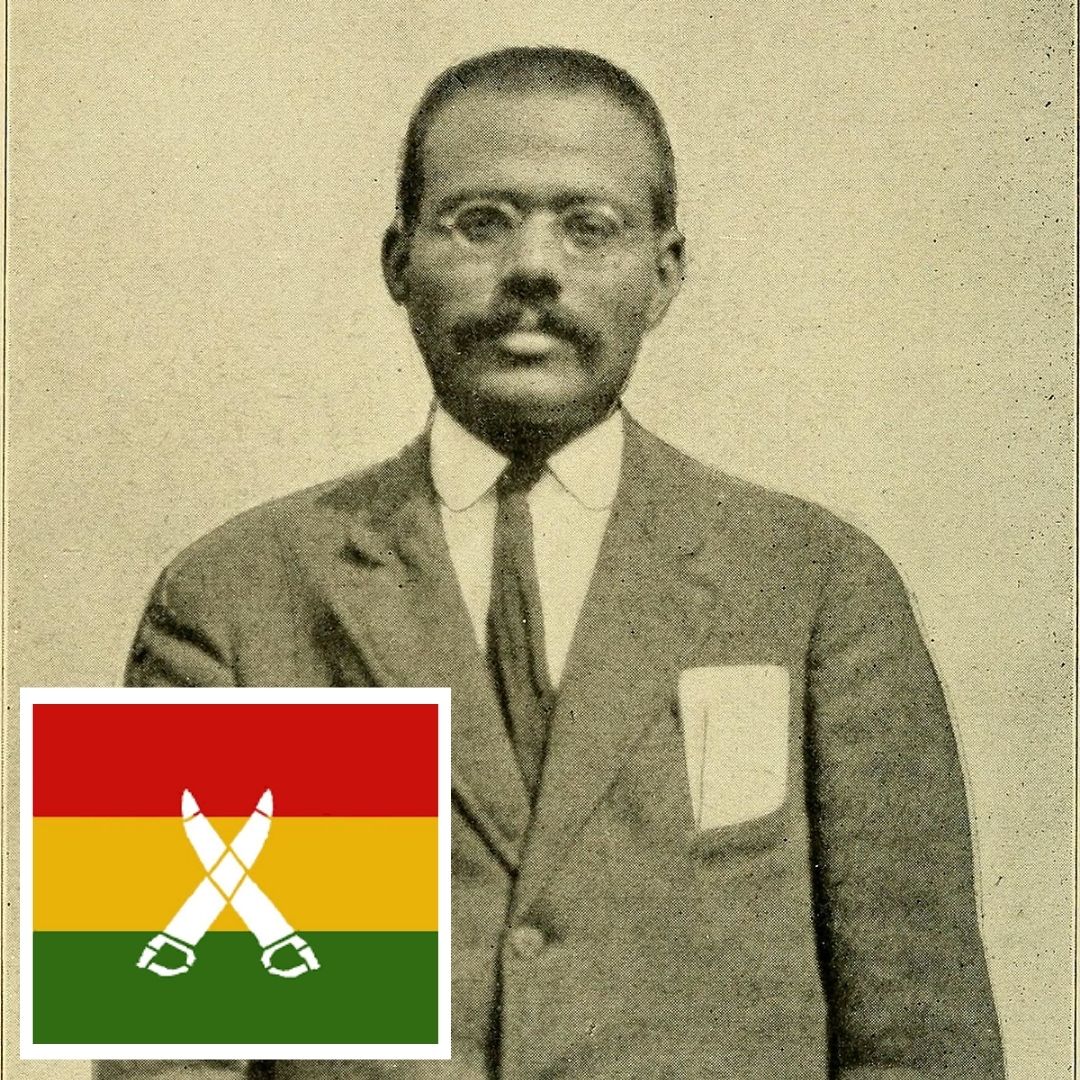Remembering Lala Hardayal Who Started International Movement Against Britishers In India
Writer: Varnika Srivastava
She is an upcoming millennial journalist, gushing in the 21st century to bring the authentic piece of information to the citizens.
India, 6 March 2022 10:32 AM GMT
Editor : Shiva Chaudhary |
A post-graduate in Journalism and Mass Communication with relevant skills, specialising in content editing & writing. I believe in the precise dissemination of information based on facts to the public.
Creatives : Shiva Chaudhary
A post-graduate in Journalism and Mass Communication with relevant skills, specialising in content editing & writing. I believe in the precise dissemination of information based on facts to the public.
Lala Hardayal started the Ghadar movement in the early twentieth century among Indians in North America, primarily Sikhs, to end British rule in their country of India. On July 15, 1913, the Ghadar Party was founded in Astoria, Oregon.
Lala Hardayal, who belonged to a Punjabi family from Delhi, was born on October 14, 1884. He was a revolutionary thinker and scholar dedicated to abolishing British rule in India.
He founded the Ghadar Party in the United States. This party's members were expatriates who wanted to start an international movement against British rule in India. On July 15, 1913, the Ghadar Party was founded in Astoria, Oregon.
Ghadar Movement
Ghadar movement, that Lala Hardayal started in the early twentieth century among Indians in North America, primarily Sikhs, to end British rule in their country of India. The Hindustani Workers of the Pacific Coast, a group of immigrants based in California, started the initiative.
Many Ghadrites returned to India shortly after World War I broke out, and for many months in 1915, they engaged in terrorist activities in central Punjab. The British quashed any attempted uprisings promptly.
After the war, the party split into Communist and Anti-Communist groups in the United States. After India gained independence in 1948, the party was disbanded.
Ghadar Movement Execution
On November 1, 1913, they also launched their journal 'Ghadar'. "Enemy of British Rule in India" was emblazoned on the newspaper's masthead. It included articles about Indians living under British rule and issues affecting Indians' livelihood abroad, such as racial attacks and prejudice.
It provoked Indians to band together and rise against the British government to drive the British out of India. Ghadar had been translated into Urdu, Punjabi, Hindi, and other Indian languages. Besides Ghadar, the Ghadar Party's headquarters, the Yugantar Ashram, published many books to uprise public awareness and sum up people to revolt against the British.
Members of the Ghadar party spread their ideas and goals worldwide in 1913. Its main objectives were to use force to free India from British rule and establish a free and independent India with equal rights.
The Ghadar constructed headquarters in San Francisco served as a focal point for all activities to achieve these goals and objectives. Ghadar, an Urdu, Hindi, Punjabi, and other Indian languages weekly newspaper was published. And an annual organizational election was conducted to elect a coordination committee from the various committees to oversee all work. Gadhar's executed all these methods to make the Ghadar Movement more famous and approachable to the public.
Ghadar Revolution: Rise-Downfall
During World War I, the Ghadrites also took advantage of the British rulers. Ghadrite leaders urged immigrants on America's west coast to return to India and launch an armed revolt. Some leaders were sailed off to Far Eastern countries with the help of the army to persuade Indians to return.
For the Ghadrites, the state of Punjab was very different. They received no support, and the Khalsa referred to them as "fallen Sikhs." Their brutal attempts to persuade the army's loyalty failed due to a lack of effective leadership. Finally, they sought advice from revolutionary leaders, but the government had successfully penetrated the Ghadar. And the vast majority of them were detained before the uprising.
Ghadar Bravery's Imprint In History
The Ghadar Movement began to lose its spark after the harsh British crackdown. Nearby the end of World War I in 1917, the Ghadar Party split into a Communist and a Socialist. Despite this setback, the Ghadar Part served as inspiration for many freedom fighters, including Bhagat Singh.
The Ghadar movement was an imprint of bravery, hard work, and grind that touched the hearts of all Indians living today. The vital speeches delivered by its leaders influenced expatriate opinion in India against British rule. It truly qualifies as a significant struggle because it sparked people's desire to fight for liberty and sowed the seeds for any future course of action.
Also Read: Sarojini Naidu Death Anniversary: Remembering Independent India's First Female Governor
 All section
All section














